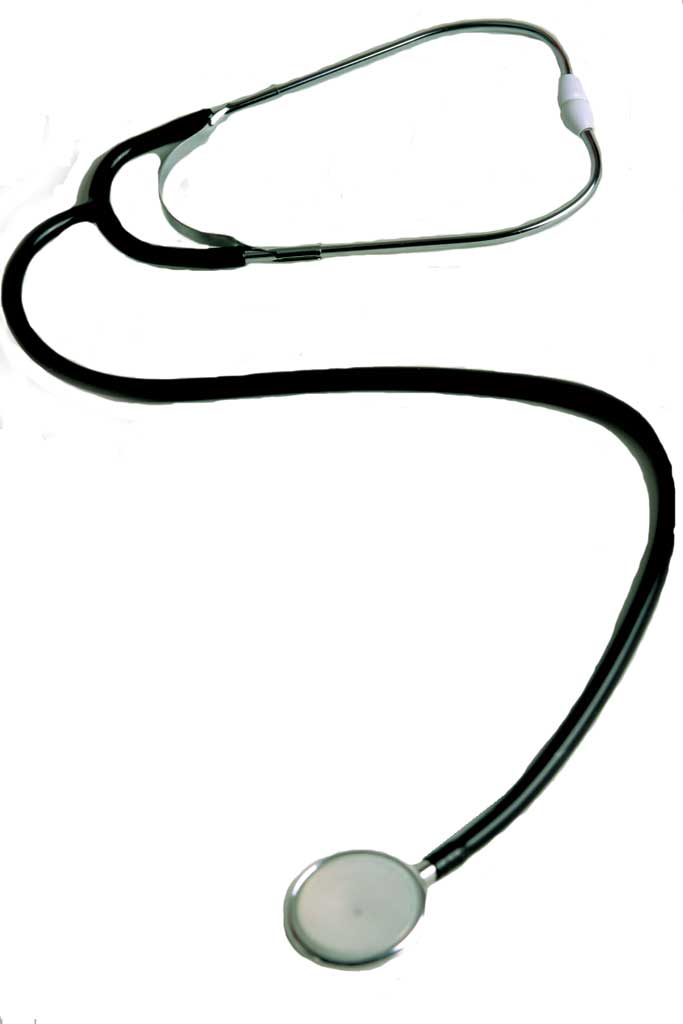By Christopher A. Naraine, M.D.
From adolescence through menopause and beyond, regular gynecologic care can help keep women healthy throughout their lives.
And as your body changes, the care you need does too.
The Adolescent Years
When it comes to women’s health, the adolescent years are typically marked by two significant firsts – your first menstrual period and your first gynecologic exam.
According to the American College of Obstetricians and Gynecologists (ACOG), most girls start their periods between the ages of 12 and 13 years, but some may start earlier or later.
However, girls should see a doctor if their period does not start by age 15 or if they started their period, but then it stops for more than three months.
They should also see their doctor if they experience:
• Heavy bleeding that soaks through a pad or tampon every one or two hours
• A period that last for more than seven days
• A period that comes more often than every 21 days or less than every 45 days
In addition, ACOG recommends that girls should have their first gynecologic visit between the ages of 13 and 15 years. Typically, girls will not need a pelvic exam on their first visit unless they are experiencing problems such as pain or abnormal bleeding.
During the first visit, the doctor will likely perform a general physical exam, and discuss any health concerns and recommended vaccinations, including vaccination against the human papillomavirus (HPV).
HPV is the most common sexually transmitted infection (STI) in the United States and can lead to cervical cancer later in life. The HPV vaccine – administered as a series of two or three shots – is recommended for girls starting between the ages of 9 and 14.
As girls become sexually active, their gynecologist can talk with them about protecting against STIs and discuss options for birth control.
The Reproductive Years
In general, as women advance through their late teens, 20s and 30s, their focus may shift from preventing pregnancy to wanting to start a family.
Today, there are more options for birth control than ever before – from condoms to hormonal patches and rings to emergency contraception. With so many choices, it is important for women to talk with their gynecologist to identify an approach that is right for them.
For women who are thinking more about getting pregnant than preventing pregnancy, it is important to talk with their gynecologist about pre-conception planning and prenatal care to ensure a healthy pregnancy.
It is also recommended that in addition to an annual pelvic exam, women between the ages of 21 and 29 have a Pap test every three years to screen for changes in the cervix that could lead to cancer. Women who are 30 to 65 should have a Pap test every five years.
Additionally, incidents of fibroids, ovarian cysts, and other pelvic problems tend to peak between the mid-30s and mid-40s.
Women experiencing pain, abnormal bleeding, or trouble getting pregnant should see their gynecologist. Many conditions can be treated safely and effectively with minimally invasive procedures.
Perimenopause, Menopause, and Beyond
For most women, their 40s and early 50s are marked by changes in menstruation as their ovaries stop making estrogen, the hormone that regulates the menstrual cycle.
Menopause, often referred to as the change of life, is defined as the absence of a menstrual period for one year and signals the end of a woman’s childbearing years.
The average age that women experience menopause is 51 years.
However, changes and symptoms associated with menopause can begin years earlier during a transition phase referred to as perimenopause.
During perimenopause, the amount of estrogen produced by the ovaries begins to fluctuate, which can cause symptoms such as hot flashes, night sweats, vaginal dryness, trouble sleeping, and weight gain. Bone loss also starts to accelerate and can lead to osteoporosis.
For women experiencing symptoms associated with perimenopause and menopause, gynecologists may recommend lifestyle changes, hormone therapy or a combination of the two.
At the same time, as women grow older, their risk for cancer including breast, ovarian and uterine cancer also increases.
Women should continue with their annual gynecologic exams, discuss their risk factors with their gynecologist, and follow the recommendations of their doctor for cancer screenings.
For more information or to find an OB/GYN affiliated with Penn Medicine Princeton Health, call 888-742-7496 or visit www.princetonhcs.org.
Christopher A. Naraine, M.D., is board certified in obstetrics and gynecology and is a fellow of the American College of Obstetricians and Gynecology. He is a member of the medical staff of Penn Medicine Princeton Health.

